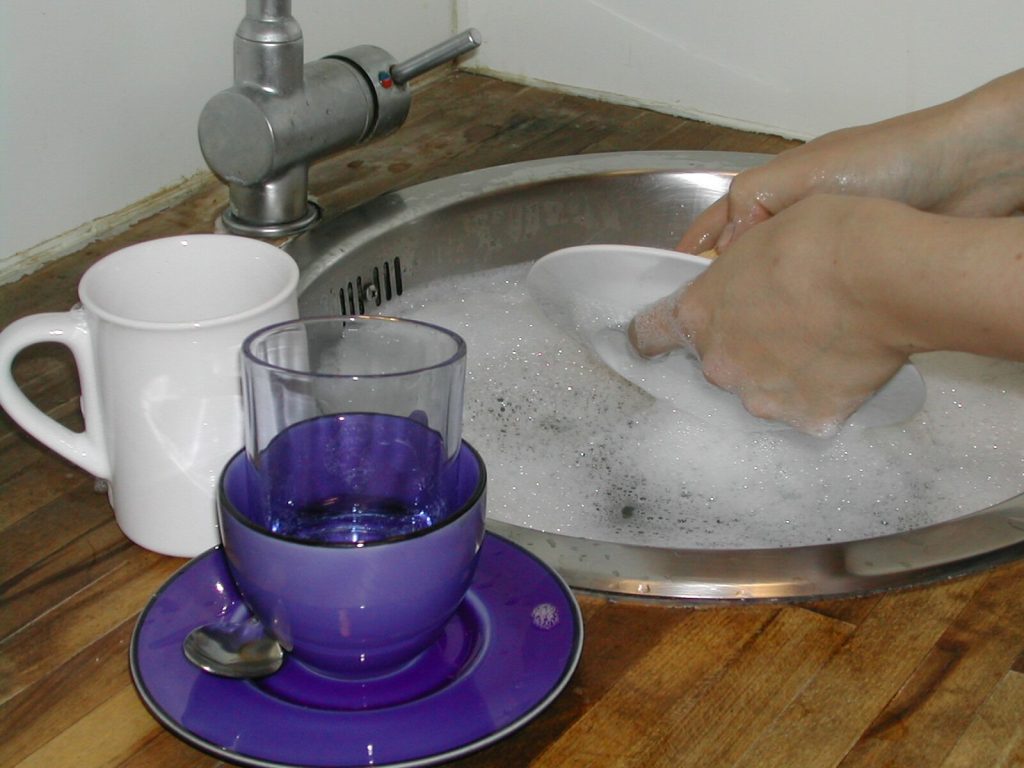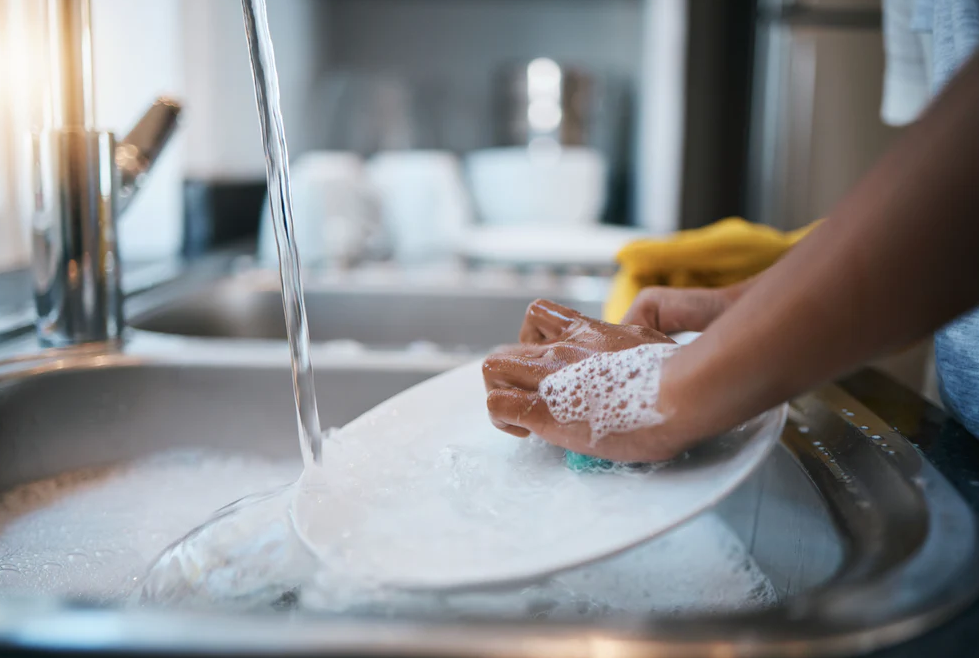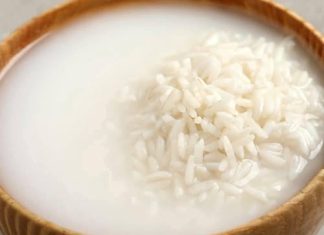Delaying the task of dishwashing is a common practice in many households, often justified by the desire to tackle all dirty dishes at once or simply due to procrastination. However, postponing this chore can lead to several adverse effects, impacting not only the cleanliness of your kitchen but also your health and the longevity of your cookware. Understanding these risks underscores the importance of prompt dishwashing.

Proliferation of Bacteria and Germs
Leaving dirty dishes unwashed creates an ideal environment for bacteria to thrive. Food residues left on plates and utensils provide nutrients for microorganisms such as Escherichia coli (E. coli) and Salmonella, which can multiply rapidly. According to research highlighted by The Scottish Sun, kitchen sponges and dishcloths, often used to clean dishes, can harbor significant amounts of bacteria, including E. coli and Salmonella. This bacterial growth increases the risk of cross-contamination and foodborne illnesses, emphasizing the need for immediate cleaning after meals.
Attraction of Pests
Unwashed dishes with leftover food particles emit odors that can attract pests such as ants, cockroaches, and fruit flies. These pests are not only a nuisance but also carriers of various pathogens. The Spruce notes that leaving dirty dishes in the sink is a perfect breeding ground for bacteria and a jackpot for hungry insects. Prompt dishwashing helps maintain a hygienic kitchen environment, deterring pests from invading your home.
Development of Unpleasant Odors
Food residues left on dishes decompose over time, leading to foul odors that can permeate the kitchen and adjacent areas. These smells not only create an unpleasant atmosphere but can also be challenging to eliminate once they become ingrained. Regular and timely dishwashing prevents the buildup of such odors, contributing to a fresher and more inviting kitchen space.
Formation of Stubborn Stains and Residues
The longer food and grease remain on dishes, the more difficult they become to clean. Certain foods, especially those with high sugar or acid content, can cause staining or etching on dish surfaces if not promptly removed. Over time, these stains can become permanent, diminishing the aesthetic appeal of your tableware. Immediate washing ensures that residues are removed before they have the chance to set, preserving the appearance and cleanliness of your dishes.
Potential Damage to Cookware
Cookware, particularly items made of cast iron or those with non-stick coatings, can suffer damage if left unwashed. Residual food and moisture can lead to rusting, pitting, or degradation of coatings, reducing the effectiveness and lifespan of the cookware. For instance, cast iron skillets require prompt cleaning and drying to maintain their seasoning and prevent rust. By washing cookware immediately after use, you help preserve its integrity and functionality.
Increased Cleaning Effort
Delaying dishwashing often results in food residues hardening on surfaces, necessitating more intensive scrubbing and the use of stronger cleaning agents. This not only increases the time and effort required to clean the dishes but can also lead to greater water and detergent usage. As noted by The Spruce, dishes left overnight often develop hardened food scraps that are more difficult to clean. Addressing dishes promptly after meals simplifies the cleaning process, making it more efficient and less labor-intensive.
Best Practices for Dishwashing
To mitigate the risks associated with delaying dishwashing, consider adopting the following practices:

- Immediate Rinsing: Even if you cannot wash dishes right away, rinsing them under warm water to remove food particles can prevent residues from hardening and reduce bacterial growth.
- Use of Effective Cleaning Tools: Opt for dishwashing brushes over sponges, as studies have shown that brushes tend to harbor fewer bacteria and dry more quickly, reducing microbial growth.
- Regular Replacement of Cleaning Implements: Replace sponges and dishcloths frequently to prevent them from becoming sources of contamination. Microwaving damp sponges for one minute can also help reduce bacterial load.
- Proper Drying: Allow dishes and cookware to dry completely before storing them to prevent moisture-related issues such as mold growth or rusting.
- Routine Cleaning of Dishwashing Equipment: Regularly clean your dishwasher or dish-drying rack to prevent the buildup of bacteria and ensure that your dishes are being cleaned effectively.
Conclusion
While it may be tempting to postpone dishwashing, the associated risks to health, hygiene, and the longevity of kitchenware make a compelling case for prompt attention to this chore. By integrating immediate dishwashing into your routine, you can maintain a cleaner, safer, and more pleasant kitchen environment, ultimately contributing to overall well-being and efficiency in household management.

















